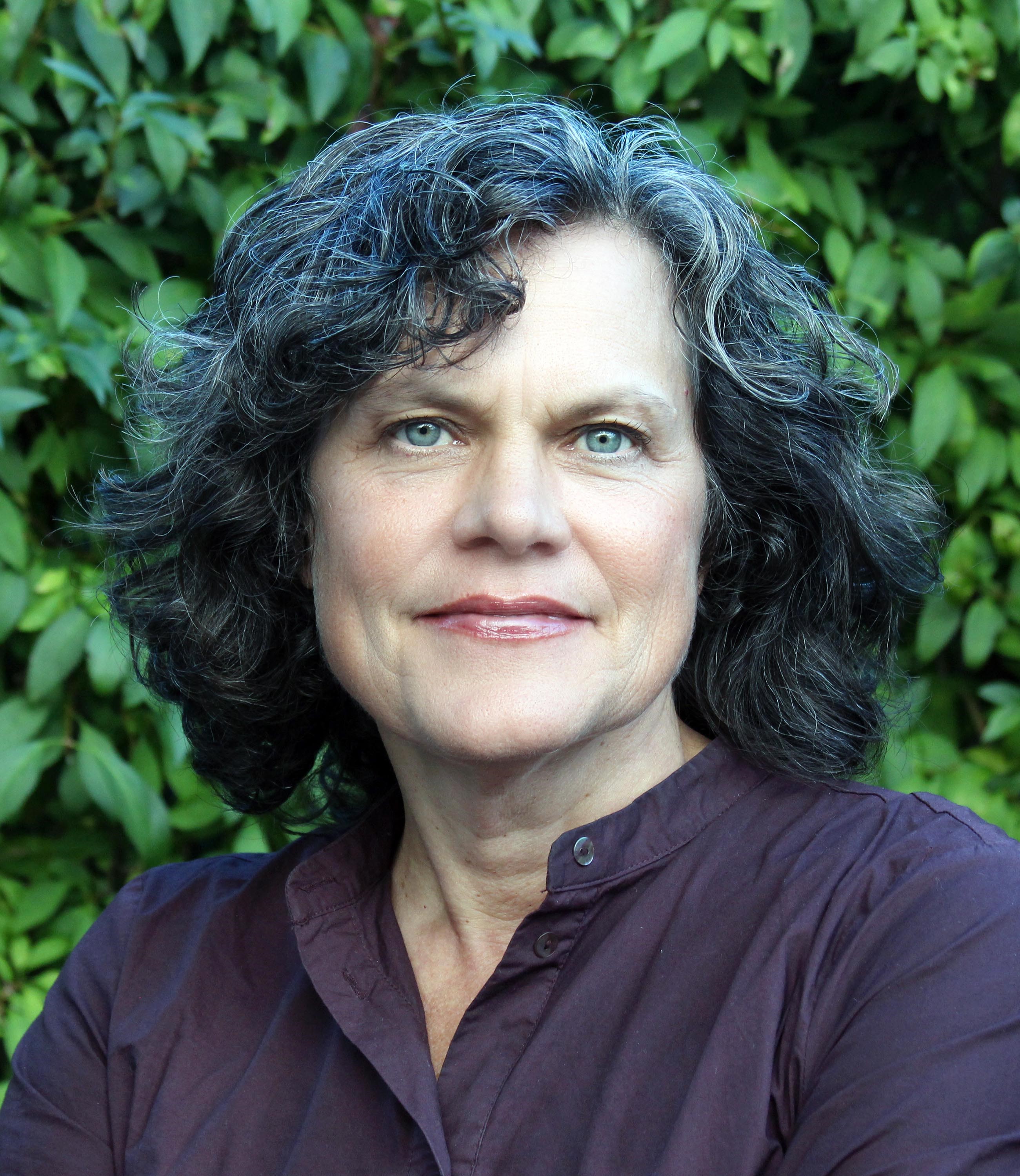What’s most exciting about this book to you?
Dare I say the cover? I really love the piece provided by chance and my Penn State colleague Helen O’Leary, an Irish artist I happened to be helping run a summer study session in Ireland the summer of 2022 when I learned that Pitt had accepted the book. I feel like the art work resonates with these poems in so many ways—pink, which I would have never chosen, points to gender; neutral tones suggest various skin tones; the fractured house construction gestures toward attempts to hold together domestic life . . .
As for the text, I’m not sure if this is “exciting" or just risky, but I feel the least certain about this book of any collection of poems I’ve published. It seems a little raw to me, uneven, less confident when it comes to craft. At the same time, one of my poet friends told me she feels like it has the most immediate feeling of all my books, so that’s the up side, I guess.
Do you see this book as a new departure for you, a continuation of earlier work/themes, or some combination?
The long poem “Meditation at Panama City Beach, Florida” could not have been conceived or written if I hadn’t learned about documentary poetry methodology and practiced it for five years while working on Shale Play. To use investigation and information as a way to think within a poem is pretty strange, I suppose, although I feel like I’ve been composing poems out of information all my life. The themes in this collection would track from earlier books if someone were reading carefully. I do think the focus on northern Appalachia, my identification with the place, and elegiac tone are all probably a consequence of the Shale Play project.
At this point in your career, do you see your work as “Mennonite,” and how or how not?
I don’t know what to say in response to this question. I write about Mennonite history and people, including my Mennonite family, and I care about those things very much. I also write about other things, and I worship at and belong to an Episcopal church, as I have explained in writing elsewhere.
What themes, issues, techniques, and/or other authors were most in your mind as this project came into being?
This is a pandemic book. Many of the poems were written during lock-down and after, and for better or worse, they show the marks of that time: grief, grievance, rage, reckoning, and obsessions with personal and collective identities. (I’ve included that list in a book review I recently wrote about someone else’s critical writing from then.) I was struggling to return to the lyric and remembering advice from my teachers, which turns up in the poem, “Sweet Gum." I was also reading a lot of contemporary poetry on-line and feeling confused and disappointed in it, so I suppose the manuscript comes from a place of uncertainty.
What part(s) of your writing process might other writers find useful, either to imitate or to avoid?
Most days, I act on the “first things first” principle and write by hand in a journal before doing anything else (except making coffee and feeding the cats). Even if it’s only 20 minutes, it’s a chance to hear myself think. On the rare, best days, I keep working on a poem or another piece of writing.
A poem from As Is:
Sweet Gum
Drag scrap lumber and pre-war dresser
drawers form the sidewalk to the cellar
then let them rest awhile in the dark.
Like the wren who doesn’t mind repetition
or euphony, keep pulling twigs and feathers
from the bird box. Let go your desire to wrap
it up; closure’s a hoax. Like grief, this labor
requires long walks, bicycle rides, and talking
out loud when no one else is around.
Use the same words the newspaper uses, yet not.
Offer student work, botched. Never mention
poetry in a poem. Try to render the redbud’s
shaggy, plum branches and scraps of cloud stuck
in the runs between ridges above town. Each poem
is about what it’s about, and also about verse.
Pre-war refers to the Second World War—so
the gal can also whip up a pie crust in a jiffy! Don’t
mention politics in a poem Galway said sadly,
I see only one beautiful phrase in this whole piece.
See how the sweetgum tree dangles balls
studded with shrieking sparrow beaks:
cukoo-birs, bommy knockers, bir balls, gum balls.
In 1615, herbalist Francisco Hernandez mixed
sweetgum with tobacco to dissipate foul humors.
Yehuda said, The poem is a vaccine you brew
in your own body from myriad diseases, meaning
make use of whatever’s at hand, my friend.
--Julia Spicher Kasdorf
“Sweet Gum” from As Is by Julia Kasdorf c 2023, reprinted by permission of University of Pittsburgh Press.
For further reading:
Juliakasdorf.com
The Mennonite Verse of Julia Spicher Kasdorf - Belt Magazine
